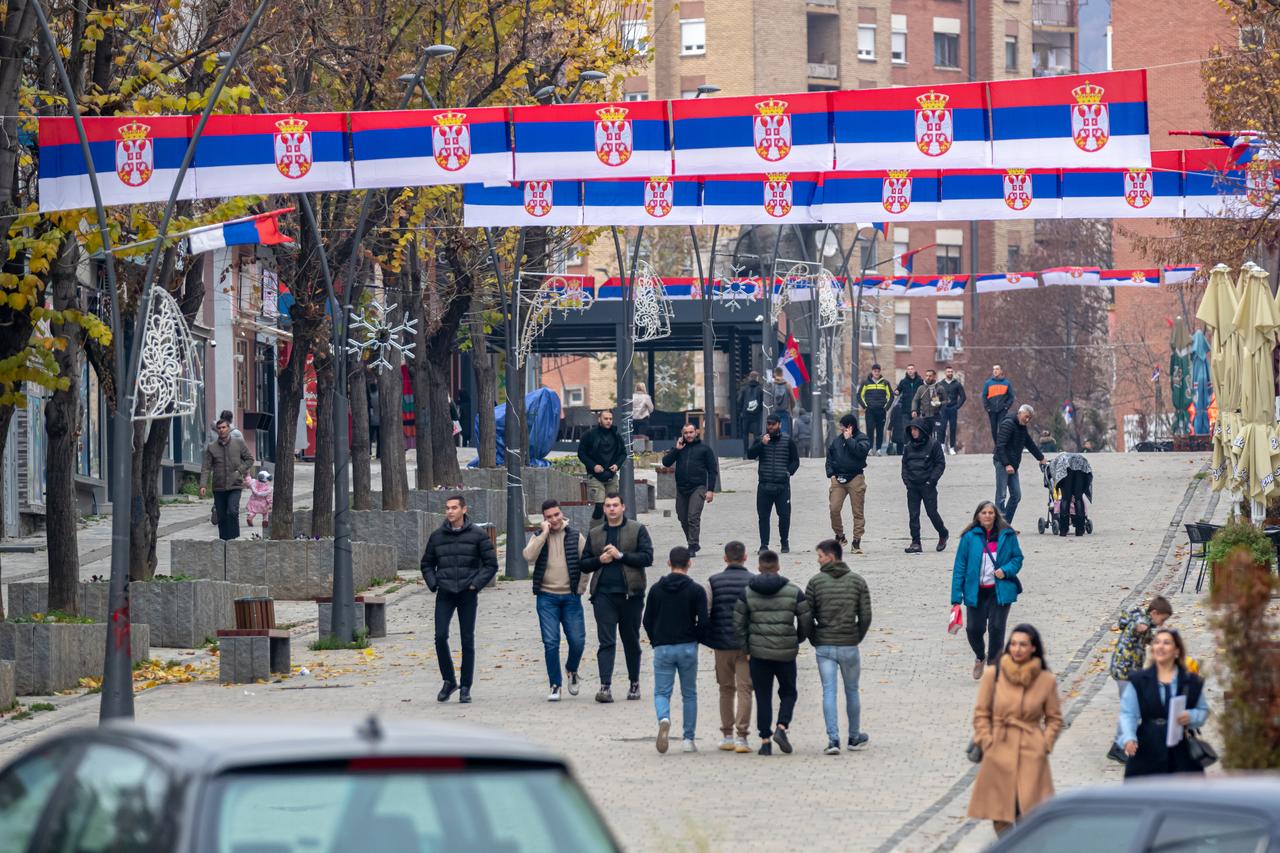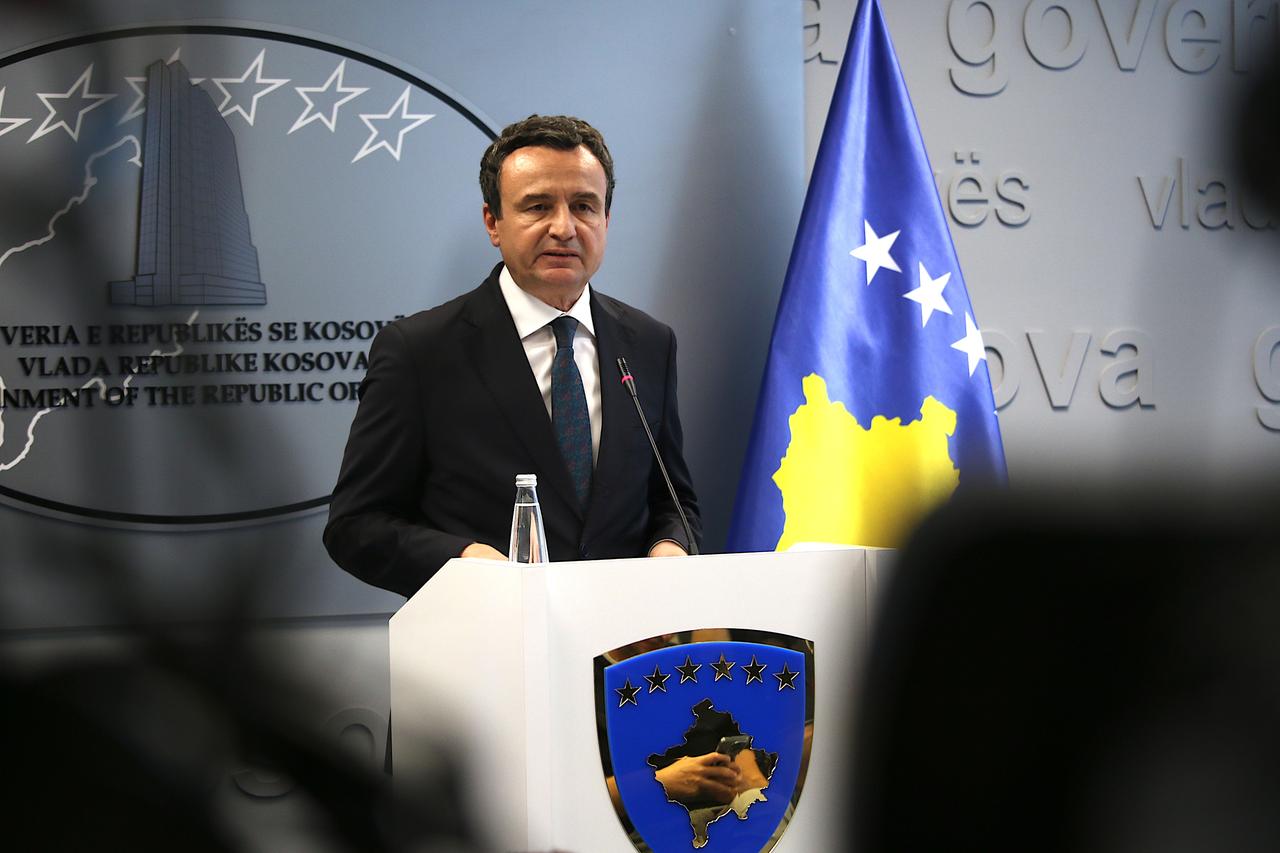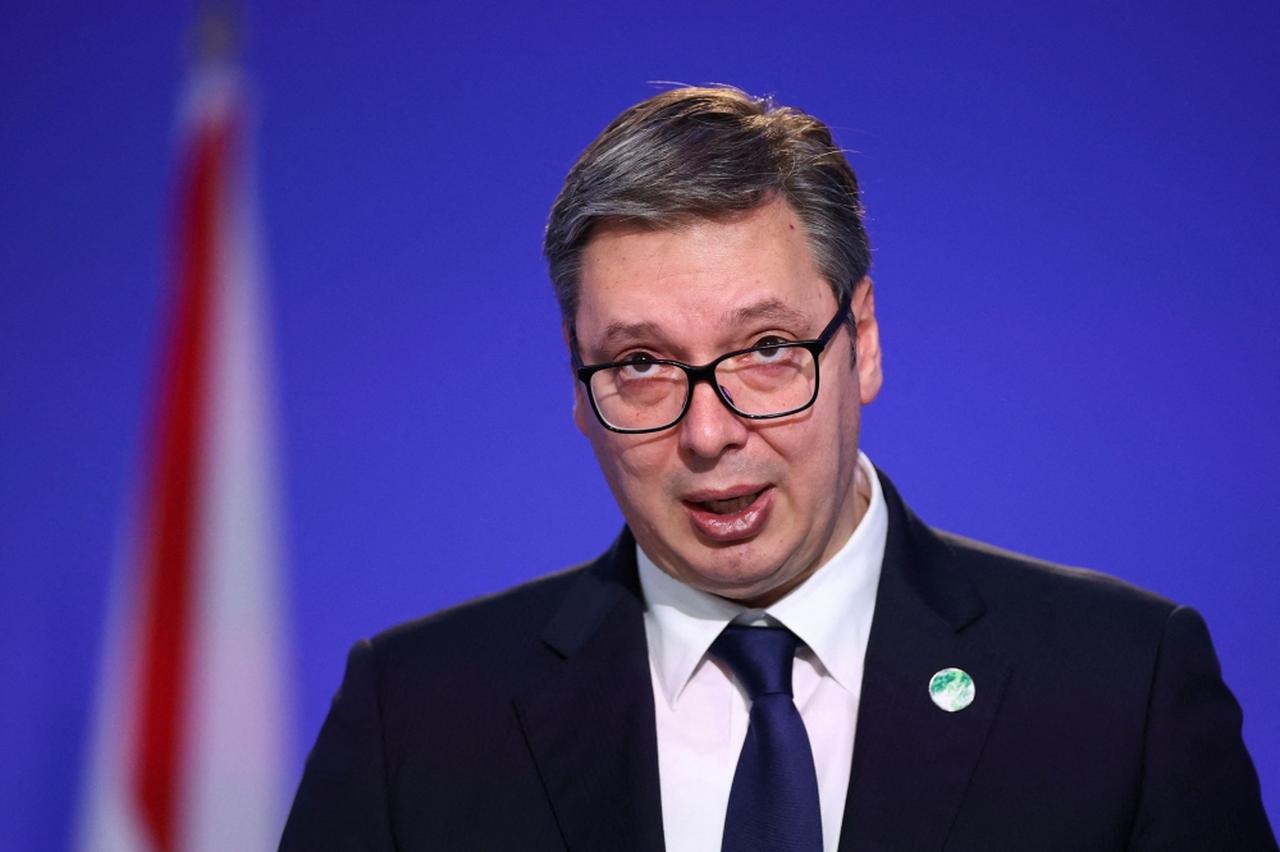
Serbia on Monday announced the suspension of the normalization process with Kosovo after the arrest of Igor Popovic, deputy director of the Serbian government’s Office for Kosovo, at a border crossing in northern Kosovo.
In a written statement, Petar Petkovic, director of the Serbian Office for Kosovo, called the arrest an abuse of law and accused Kosovo of attempting to "humiliate Serbs." He warned that Serbia would not resume EU-mediated dialogue with Pristina until Popovic is released.
“We are halting the normalization process with Kosovo until Popovic is freed,” Petkovic said, further claiming that his deputy was “abducted” for merely speaking “the truth” about the Kosovo Liberation Army (KLA) during a memorial event earlier this month in Rahovec.
Popovic was arrested July 18 at the Brnjak border crossing as he was leaving Kosovo. A court in Pristina later ordered 30 days of detention on charges of “inciting hatred and intolerance,” citing his description of the KLA as a “terrorist organization.”
Serbian President Aleksandar Vucic sharply condemned the arrest, calling it a deliberate provocation by Kosovo Prime Minister Albin Kurti and accusing him of trying to ignite a regional conflict.
“Albin Kurti has completely lost his mind and wants to provoke incidents and conflicts in the Western Balkans,” Vucic said in a televised interview Sunday. “Serbia will respond in a strong and firm way, but we remain committed to peace and stability.”

Vucic warned that the arrest could have “unforeseeable consequences” and said Serbia had informed international partners, including the EU, about its decision to freeze dialogue.
Foreign Minister Marko Djuric also demanded Popovic’s immediate release, labeling the arrest “unacceptable” and a direct threat to regional stability.
Speaking at a press conference Monday, Kosovo Prime Minister Albin Kurti defended the judiciary’s handling of the case and rejected accusations of political persecution.
“Popovic is being treated in accordance with our laws and international human rights standards,” Kurti said, blasting Serbia for what he described as a “destabilization campaign.”
Kurti also denounced recent statements from Vucic as “threatening, destabilizing, and entirely unacceptable,” calling on NATO, the EU, and the broader international community to act decisively against what he called “state-sanctioned provocations.”
“These attacks against the KLA, the most sacred value of the Kosovan people, are part of a coordinated escalation. This rhetoric is a direct threat to peace and security in the Balkans,” Kurti said.

The German Embassy in Kosovo said it was closely monitoring the case and stressed the importance of respecting the rule of law. The OSCE also called for a fair and transparent legal process but declined to comment on the charges.
Popovic, a key negotiator in the EU-brokered Belgrade-Pristina dialogue, now faces trial over statements made at a July event that Serbian officials insist were historically accurate.
“The so-called legal system in Kosovo has collapsed,” Petkovic said, insisting the arrest was politically motivated.
Tensions remain high between Serbia and Kosovo, which declared independence from Serbia in 2008—a move Belgrade refuses to recognize. The EU-led normalization process, launched in 2011, aims to achieve a final agreement and mutual recognition between the two.
President Vucic warned the arrest comes at a moment of heightened global instability, citing the wars in Ukraine and the Middle East. “This terror must stop at some point,” he said.